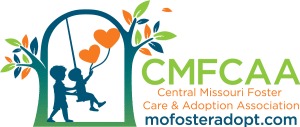Being a foster, adoptive, kinship, or guardianship caregiver means you are all too familiar with the uncomfortable feeling of the “unknowns” in parenting. Your life can change in an evening when you take on new kiddos. The plan for the case can change in an instant. And, waiting for a final adoption hearing can take what feels like decades. The caseworkers can’t ever give you a definite answer, mostly because they aren’t sure either and because nothing is ever promised. When you are a planner, or your kiddos are craving permanency, it can be so hard to be stuck in that “unknown” with them.
Not knowing can be scary
As a person with anxiety, I am someone who loves being in control of the situations around me. I’m also one of those people who would totally read the book on what the rest of my life is going to look like if that was a thing. In other words, I understand how hard it can be to not know what is coming next. It can be nerve wracking to not have a plan or a black-and-white flow chart to follow with all possible outcomes already laid out.

As a caregiver, there is so much that you cannot control. There are so many decisions that you might not even get to be a part of. The only thing promised is the moment you are currently in. Until you reach the end of a case, there is no certainty of what is going to happen. And, even then, reunification can mean coping with the joy but also the grief when kiddos are reunited with their birth parents. Or, adoption can mean the joy of kiddo being yours forever, but also seeing the hurt of them knowing they are never going “home.”
A caregiver with questions
And, as the children grow and things change, what questions will they have about their birth family? What if they want to seek them out some day? Will they see all of the love and hard work and dedication we have given to them to help them be their best selves? Will the kiddos remember us after returning home to their mom and dad? How can I be sure that they continue to feel our love?
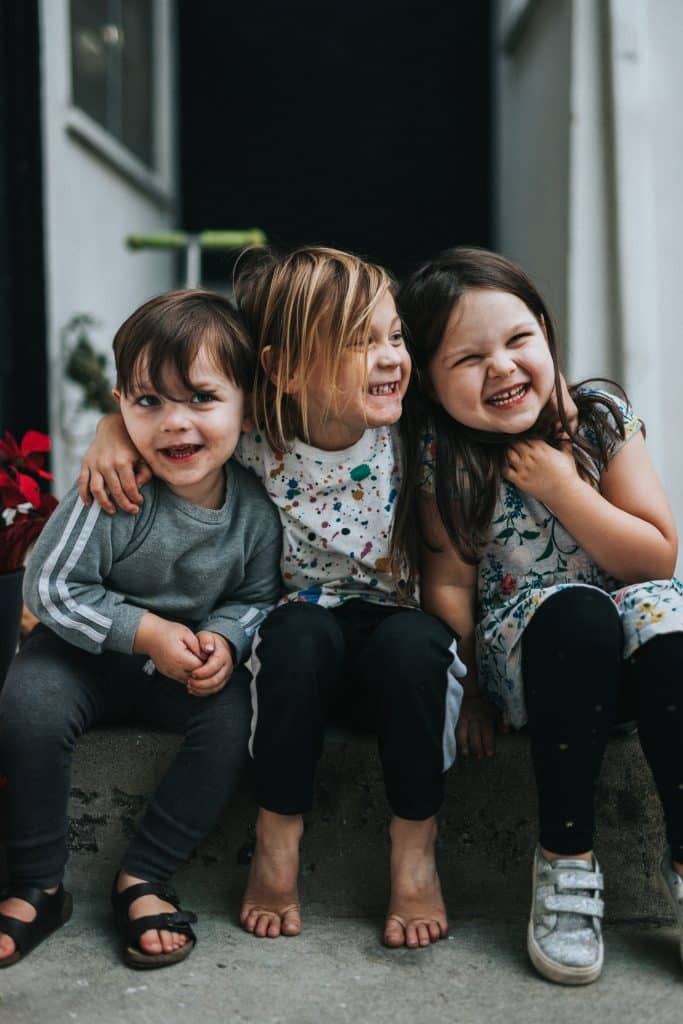
All of your concerns and worries and fears are so incredibly valid. You wouldn’t worry about the future of the kids in your care if you didn’t truly and fully care for their wellbeing. Loving them is such an easy thing to do, but the idea of letting them go…incredibly hard, even if it is the best thing for them. Or, wanting to get your hopes up that they might be yours forever, but still having four months until the court date to determine if that is really the case.
Coping with the “unknowns”
So, I want to share with you some things that you can do to help yourself while in this gray area, this teeter-totter of caregiving, and this big and scary “unknown.”
Take a deep breath.
Like, right now. Stop what you are doing. Put both feet on the ground, unclench your jaw, and sit still. Breathe in through your nose and count 1…2…3…4. Hold it. Breathe out through your mouth like you’re blowing bubbles…1…2…3…4. Lower your shoulders just a bit. Repeat this a few times, then say to yourself, “I can do this.” Because you can, and you will.
Step outside of yourself for a minute.
Think about the case. Think about the children. What is best for them? Remind yourself why you became a caregiver in the first place. Consider all of your kiddo’s hopes and dreams and how you can best support them. Look at the case from a different perspective, keeping the child in the center.
Know that you are not alone.
Talk to someone. Find another caregiver to talk to. Likely, they’ve experienced similar feelings before. Join a Facebook group, hop on a Zoom call with us, or come to an in-person support group. Talk to another parent at a respite event, or maybe even a therapist. There is no shame in talking about your worries and fears for your kiddos. Holding it all in isn’t helpful.
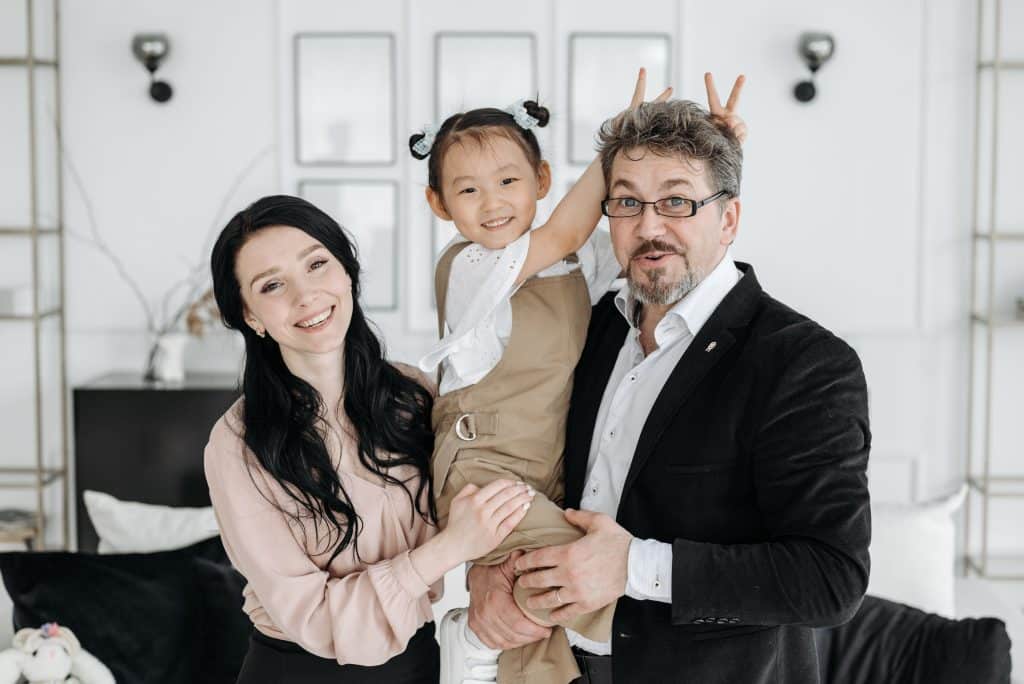
Smile. Big.
Say to yourself, “I am doing the best that I can, and that is enough.” Say it again if you have to.
CMFCAA’s Advocacy Team is here for you.
Again, we know that being a foster, adoptive, kinship, or guardianship caregiver can be so exciting and rewarding, and that it also comes with many questions and challenges. Our goal is to help walk your journey with you and help answer some of those questions you may have. We are here for you to be that extra support, to lift burdens, and to help you navigate it all. Being a caregiver is hard work. We want you to know that we see you and we are here for you. Visit our Advocacy page for more information about us.
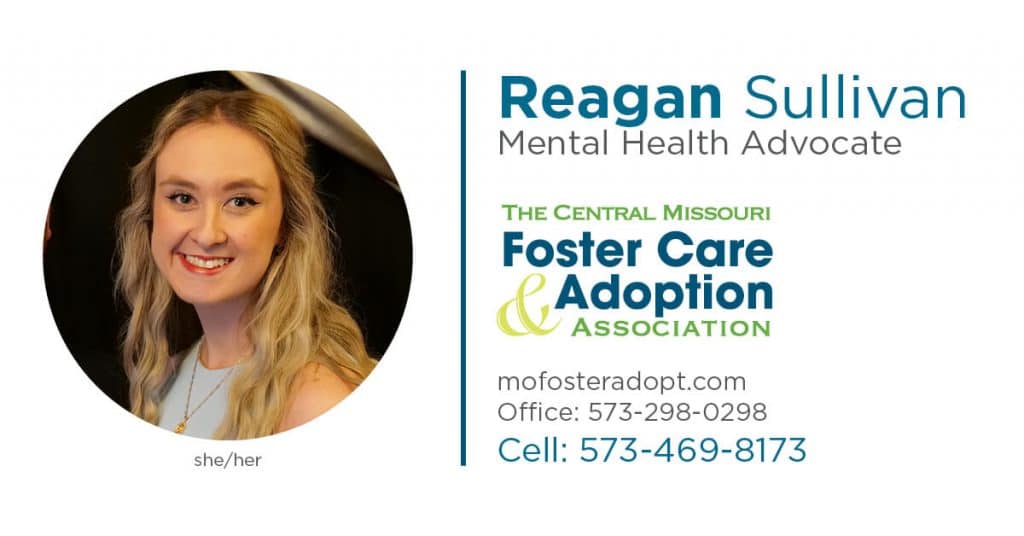
**This is not to be considered professional advice. Please seek help with a professional licensed counselor or social worker to find what works best for you and your family.**
